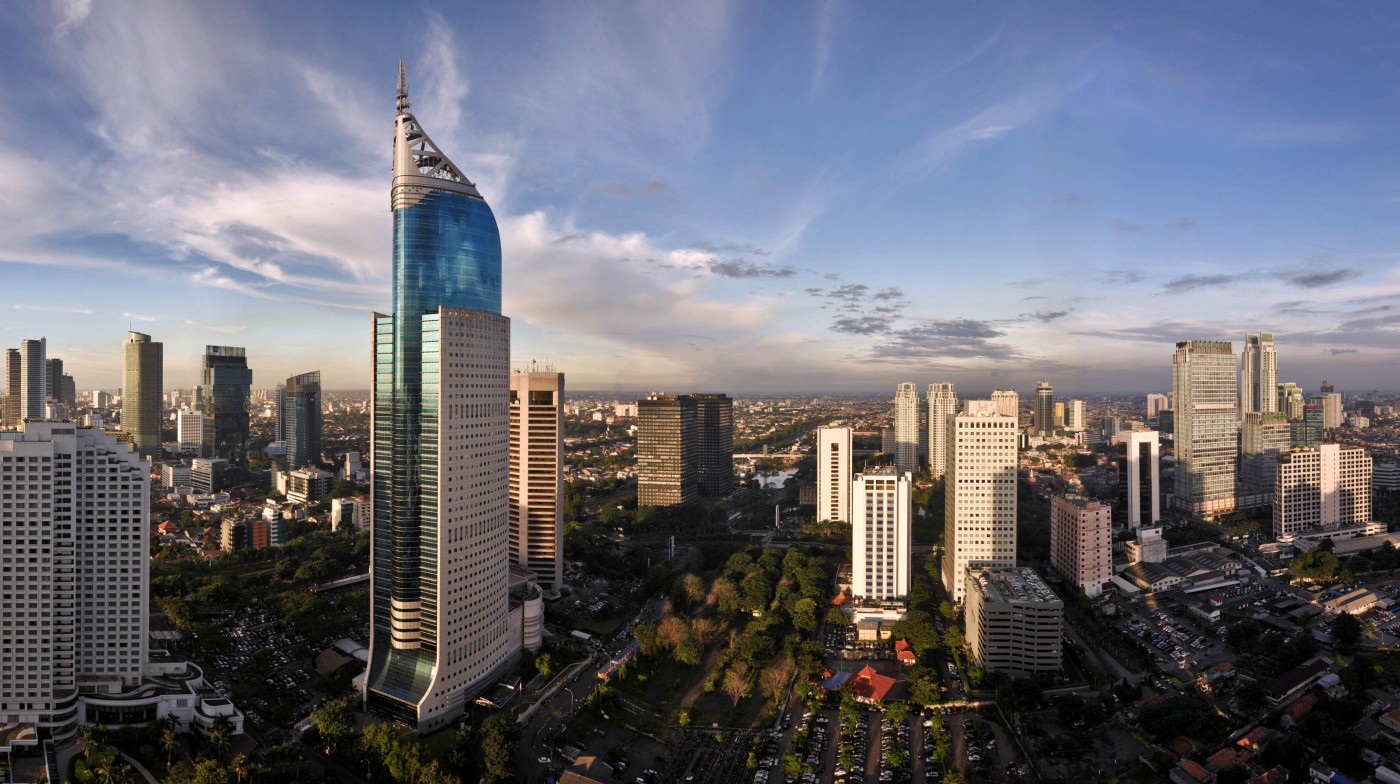Jakarta Properties: Still Going Strong
Jakarta’s infamous traffic jams have done little to slow the ravenous appetite for its properties.
Initial concerns by Cushman & Wakefield’s analysts that the 2014 Indonesian presidential elections and moderating economy would put a damper on growth were put to rest. Instead, the election of Joko Widodo appears to have reinvigorated the local property market in the second half of 2014. Colliers International’s studies showed a modest increase in Jakarta’s apartment market in the third quarter of 2014, with a take-up rate of 86.6%, an increase of 1.4% quarter-on-quarter. Existing properties also remain highly desirable and stable with a take-up rate of 95%, an increase of 2% year-on-year. On the other hand, the take-up rate for projects under construction was 73.2%, up 2.7% year-on-year. In addition, the Indonesian capital was named the world’s fastest growing luxury real estate market by real estate consultancy firm Knight Frank for two years in a row.
A closer look at the different pre-sale market segments unveiled that middle-upper class projects performed the best with a take-up rate of 84%, followed by upper class projects at 78%. These strong take-up rates highlight the upward mobility and aspirations of Indonesia’s middle class. While the CBD area in Jakarta remains the best performer with a take-up rate of 95.3%, it is interesting to note that South Jakarta is increasingly seen as a fine balance between prime locations and cost. South Jakarta properties recorded the strongest positive sales growth, up 1.5% (quarter-on-quarter) and 3% (year-on-year) respectively, with a take-up of 91.2%.
Average asking prices continued its upward climb, increasing by 5.8% quarter-on-quarter and 17.2% year-on-year. The highly-urbanised Jakarta and its limited availability of prime land for sterling developments spurred buyers to pay greater premiums for the choicest locations. South Jakarta again, performed the best amongst various locations, with the highest quarter-on-quarter and year-on-year growth at 9% and 28% respectively. Colliers’ International’s records showed that in the third quarter of 2014, 41 apartment projects introduced price increases ranging from 5% to 15% quarter-on-quarter, with a projected 28,950 homes from 51 projects expected to be completed in 2015.
While attractive, there are some noteworthy concerns to be aware of before entering Jakarta’s property sector. Foreigners are currently unable to buy real estate directly in Indonesia. Instead, foreigners interested in purchasing property are granted a Right of Use (Hak Pakai) title. The Hak Pakai effectively allows a foreigner to lease a property from an Indonesian citizen for a period of 25 years, but with many of the rights if they owned the property themselves.
Also, President Widodo’s changes to Indonesia’s fuel subsidies have a yet unknown impact on Indonesia’s economy. While the changes have reduced government subsidy expenditure of more than 13% to 1%, there are concerns that economic growth will be hampered as the cost of living and business costs rise, potentially stalling further growth in its property market.
Overall however, Jakarta’s property sector is likely to remain bullish. In the short run, the World Bank forecasted Indonesia’s GDP to grow by 5.6% year-on-year, on the back of stronger investments and higher global demand. Moreover, the latter half of 2015 would see the formation of the ASEAN Economic Community, which will merge all the countries in ASEAN into a single market. This single common market is expected to put pressure on lawmakers across the region to introduce reforms to allow fellow ASEAN members greater ownership of local properties.
According to the Boston Consulting Group, the number of middle class and affluent Indonesian consumers is expected to double to 141 million people by 2020. In the longer run, the growing and large middle class serves as a strong underlying driver for long-term growth for Jakarta’s economy and its properties. As long as Indonesia continues with its economic reforms, and maintains political and social stability, Jakarta’s properties, particularly in South Jakarta, are sound long-term investments worth looking into.


